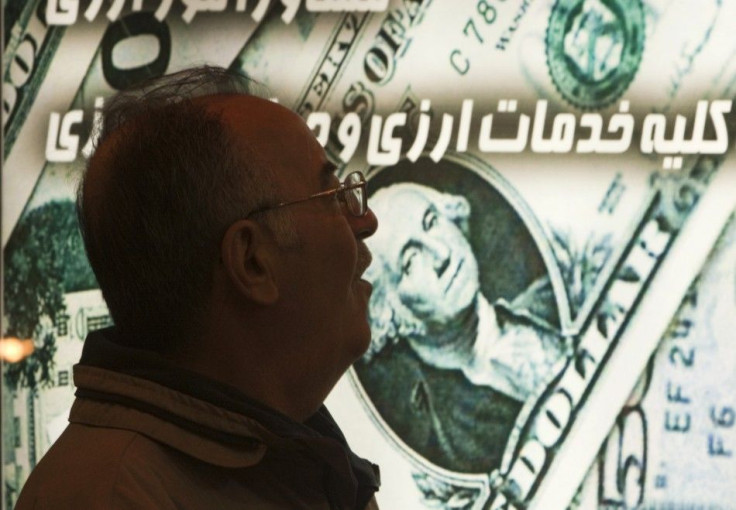Banking's SWIFT Working with EU, U.S. on Iran-Related Measures

The organization that provides the world's banks with a system for moving money said on Friday it is working with officials in the European Union and the United States to address concerns about the services it provides to blacklisted Iranian banks.
The Society for Worldwide Interbank Financial Telecommunication, better known as SWIFT, issued its statement after the U.S. Senate Banking Committee advanced a new sanctions bill pushing for SWIFT to shut out Iran's central banks and its other financial institutions from its services.
SWIFT fully understands and appreciates the gravity of the situation, the organization said in a statement.
Belgium-based SWIFT is owned by the world's major banks and overseen by major central banks.
If it were to become law, the Senate bill would direct the White House to press SWIFT to drop Iranian banks, and it would give the Treasury Department the power to sanction SWIFT and the banks that own it.
On Thursday, Ileana Ros-Lehtinen, the Republican chairwoman of the House Foreign Affairs Committee, introduced a companion bill that would bar SWIFT from providing services to Iran, or face sanctions.
U.S. lawmakers are pressing forward on a sanctions package that they hope to further hurt revenue they say Tehran is using to develop nuclear weapons. Iran denies seeking nuclear arms.
The new sanctions would come as the U.S. administration grapples with implementing the last round, passed into law on Dec. 31, aimed at Iran's central bank and at constricting Tehran's revenue from oil sales.
In its statement, SWIFT said it is working with officials and central banks to find the right multilateral legal framework to expedite a response to the issues.
SWIFT did not elaborate on what type of measures were under discussion.
This is a complex situation, and SWIFT needs to ensure that it takes into consideration the implications to the functioning of the broader global financial payments system, as well as the continued flow of humanitarian payments to the Iranian people, the organization said.
(Editing by Eric Beech)
© Copyright Thomson Reuters {{Year}}. All rights reserved.






















